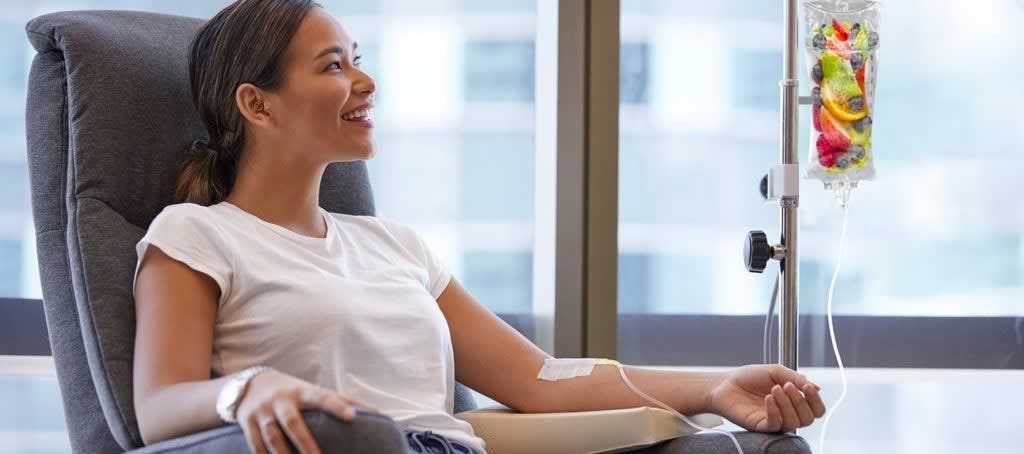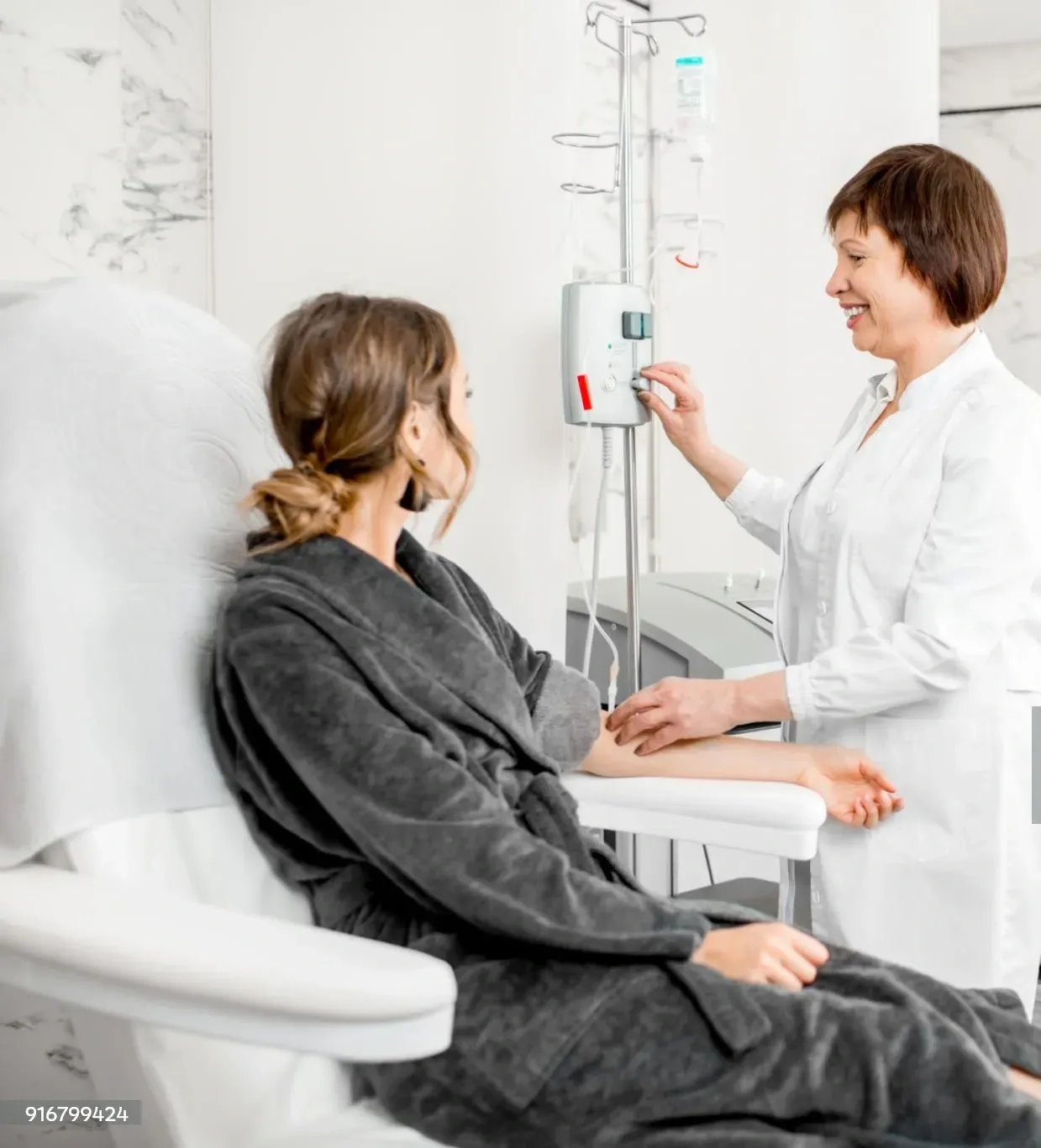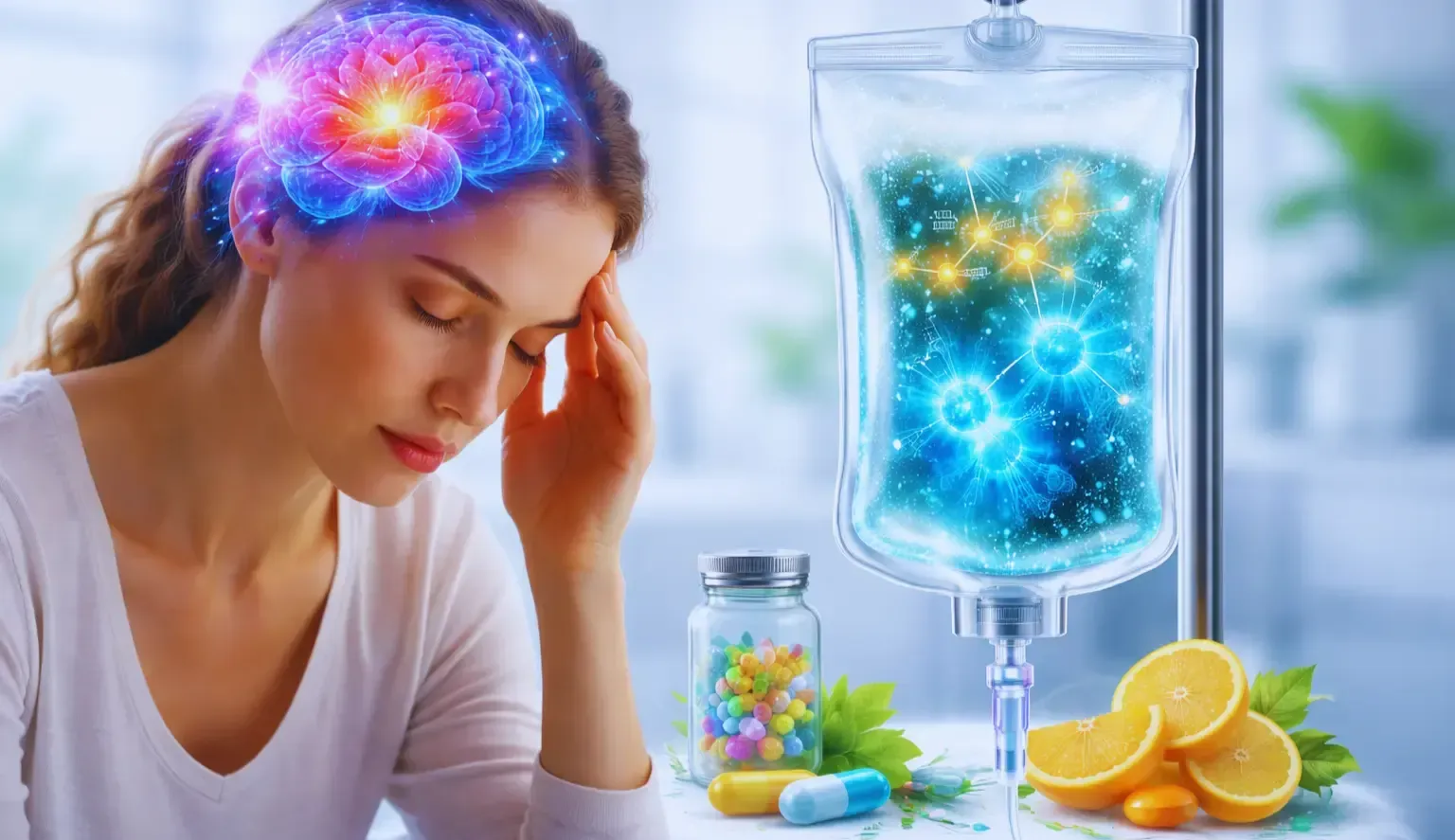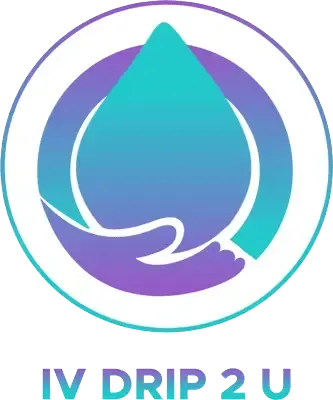Hydration 101: Essential Facts You Need to Know
Hydration, in its simplest form, is the process of providing the body with adequate water to perform its vital functions. It may sound like a straightforward concept, but hydration fuels every biological process in your body—from circulating blood to regulating temperature, eliminating waste, and powering your muscles and brain. When you're hydrated, everything flows. When you’re not, even the most basic activities become harder.

Why Water Is Life
Water makes up about 60% of your body and is the primary building block of cells. You need water to produce saliva, keep your mucous membranes moist, flush out toxins, carry nutrients, and regulate internal temperature. In fact, your blood is 90% water. Even a 1% drop in hydration levels can affect your concentration and mood. Without water, we can only survive a few days.
How the Body Uses Water
Every organ in your body depends on water. It acts as a shock absorber for the brain and spinal cord, helps lubricate joints, and even assists in converting food into energy. Sweat is another powerful mechanism by which your body cools itself. But it’s also one of the biggest ways you lose water—especially during physical activity or hot weather.
Cellular Hydration Explained
Your body doesn’t just need water—it needs water inside your cells. Cellular hydration is essential for maintaining energy, proper metabolism, and waste removal. When you're dehydrated, your cells shrink, impairing everything from digestion to muscle repair. Staying consistently hydrated helps keep cells plump and functional.
Water vs. Electrolyte Balance
Ever wonder why you feel better after drinking a sports drink post-workout? That’s because of electrolytes—minerals like sodium, potassium, magnesium, and calcium that help regulate fluid balance. Drinking plain water is usually enough, but in situations of excessive sweating or illness, electrolyte-enriched fluids may be necessary to maintain optimal hydration.
How Dehydration Impacts Organs
Dehydration isn't just a dry mouth—it’s a cascade of issues. Your kidneys work overtime, your skin becomes dull, your blood thickens, and your brain struggles. Chronic dehydration can even lead to kidney stones, urinary tract infections, and cognitive decline. Your heart has to work harder, and even digestion slows down.
How Much Water Do You Really Need?
You’ve heard “eight glasses a day,” but that’s a general rule. Hydration needs vary based on your body size, activity level, climate, and even the foods you eat. A more accurate measure is to drink half your body weight in ounces. For example, if you weigh 160 pounds, aim for 80 ounces of water daily.
Water Needs by Age, Gender & Activity
Children need less water than adults, but their hydration needs grow rapidly during adolescence. Men generally need more water due to higher muscle mass, while women’s needs may fluctuate during pregnancy and breastfeeding. Athletes and people with active jobs or in hot climates need even more hydration.
Signs You’re Not Drinking Enough
Mild dehydration can sneak up on you. Watch for signs like headaches, fatigue, dark yellow urine, dizziness, dry mouth, and muscle cramps. Severe dehydration includes confusion, rapid heartbeat, and fainting. Don’t wait until you're thirsty—by that time, you're already dehydrated.
Impact on Skin and Aging
Want glowing skin? Drink more water. Hydration improves elasticity, reduces wrinkles, and flushes out impurities that cause breakouts. Dehydrated skin looks tired and saggy. Over time, chronic dehydration can accelerate signs of aging, making fine lines and dullness more pronounced.
Hydration’s Role in Digestion
Water aids in breaking down food, absorbing nutrients, and preventing constipation. Without it, digestion becomes sluggish, and you might experience bloating or acid reflux. Drinking water before meals can also help control appetite, promoting better portion control and weight management.
Mental Clarity and Mood Regulation
The brain is about 75% water. Even mild dehydration affects focus, memory, and decision-making. Studies show that being just 1-2% dehydrated can impair cognitive performance and increase feelings of anxiety or depression. Hydration is not just physical—it's mental, too.
“Eight Glasses a Day” Myth
Let’s bust the myth: there’s no one-size-fits-all. Some people need more, some less. Your individual water needs depend on factors like sweat rate, body size, climate, and activity level. Trust your body—but don’t wait for thirst. Consistent sipping is more effective than occasional chugging.
Can You Drink Too Much Water?
Yes—overhydration, or water intoxication, dilutes your blood's sodium levels, leading to a dangerous condition called hyponatremia. Symptoms include nausea, confusion, and in extreme cases, seizures. Balance is key. If you’re exercising intensely or sweating a lot, alternate water with electrolyte drinks.
Sports Drinks vs. Water
Sports drinks can be helpful in specific situations: after intense exercise, when ill, or in very hot climates. But they often contain sugar and artificial ingredients. For everyday hydration, stick with water. Add a slice of lemon or cucumber for flavor and added nutrients.
IV Hydration Therapy Benefits
When dehydration becomes severe or rapid rehydration is needed—like after illness, heavy alcohol consumption, or intense workouts—Mobile IV Drip Therapy Service can be a game changer. It delivers fluids, vitamins, and minerals directly into your bloodstream, offering faster recovery and enhanced wellness.
When to Consider Mobile IV Drip Therapy
You might consider IV hydration if you're battling jet lag, heat exhaustion, migraines, or just need a quick wellness boost. These services are increasingly available at your doorstep and customized to your needs. Always consult a licensed provider.
Tech Gadgets That Track Hydration
Smart water bottles, hydration tracking apps, and even smartwatches now help monitor your intake. These devices remind you to drink, analyze patterns, and suggest improvements. They’re especially helpful for busy people who forget to sip throughout the day.
Foods with High Water Content
Did you know you can eat your water? Cucumbers, watermelon, lettuce, strawberries, and zucchini are all over 90% water. Soups and smoothies are also hydrating. Incorporating water-rich foods boosts your hydration levels without adding extra beverages.
Caffeine and Alcohol’s Effect on Hydration
While moderate caffeine intake doesn’t drastically dehydrate you, high amounts can. Alcohol, on the other hand, is a diuretic. It increases urination and strips the body of fluids. If you're drinking alcohol, follow each beverage with a glass of water to stay balanced.
Juices, Teas, and Alternatives
Not a fan of plain water? Try herbal teas, diluted fruit juices, or flavored water. Just watch the sugar content. Coconut water is a natural alternative with electrolytes, making it an excellent post-workout drink.
Staying Hydrated During Illness
Fever, vomiting, and diarrhea rapidly deplete your fluid levels. Electrolyte solutions, broths, and IV therapies become crucial. Sip small amounts frequently if you can’t keep large volumes down. Hydration speeds up recovery and strengthens immune function.
Hydration for Athletes
Athletes lose fluid quickly, especially in endurance sports. Hydration before, during, and after exercise is vital. Sports drinks or electrolyte powders may be necessary for prolonged activity. Muscle cramps, dizziness, and performance drops are all signs you need to hydrate better.
Hydration in Hot vs. Cold Weather
Heat increases sweat, but cold weather tricks you into thinking you're not thirsty. In winter, you lose water through respiration and require just as much hydration. Don’t let cooler temps fool you—carry that water bottle year-round.
Creative Ways to Drink More Water
Spice up your routine! Use infusers with fruits and herbs. Set hourly reminders. Drink a glass of water before each meal. Keep a stylish bottle with you. Make it a game—challenge friends or track streaks. Before long, it becomes second nature.
Building a Hydration Routine
Start your day with a glass of water. Keep a water bottle at arm’s reach. Pair drinking water with habits—before brushing teeth, after bathroom breaks, or while checking emails. Creating rituals ensures consistency, which leads to better health.
Best Water Bottles & Tools
Choose reusable bottles made from BPA-free plastic, stainless steel, or glass. Look for features like time markers, infusers, or insulation. Hydration apps can also keep you on track. Investing in the right tools makes the habit easier and more enjoyable.
Hydration at Work and Desk Jobs
Sitting all day doesn’t mean you don’t need water. Office environments are often dry, and staring at screens dehydrates your eyes. Place a water bottle on your desk, and take water breaks along with screen breaks.
Kids and Hydration Habits
Children often forget to drink water, especially during play. Encourage water instead of soda or juice, use colorful bottles, and make it fun. Monitor signs of dehydration like dry lips or irritability.
Elderly and Risk of Dehydration
Aging reduces thirst perception. Seniors may not realize they're dehydrated until symptoms escalate. Medications, mobility issues, and health conditions can worsen dehydration risk. Frequent gentle reminders and easy-to-handle bottles help immensely.
Hydration 101: Essential Facts You Need to Know
Hydration is not just a wellness trend—it’s a fundamental human need. It impacts every part of your being. From glowing skin to sharper thinking and stronger immunity, water is your secret weapon. Whether through sipping, eating, or receiving Mobile IV Drip Therapy, prioritizing hydration changes everything.
FAQs
What are the first signs of dehydration?
Headache, dry mouth, dark urine, fatigue, and dizziness.
Can drinking too much water be harmful?
Yes. Overhydration can lead to hyponatremia, a dangerous electrolyte imbalance.
Is coffee dehydrating?
In moderation, no. But high caffeine intake can increase fluid loss.
Should I drink water before or after meals?
Both. Water before meals aids digestion and helps control appetite.
How does hydration affect mood?
Dehydration can cause irritability, confusion, and fatigue, affecting emotional well-being.
Can I rely on thirst as my only cue to drink?
Not always. Thirst lags behind actual need. It’s better to sip consistently throughout the day.
Conclusion
Hydration is a lifestyle, not a checkbox. It influences your mental clarity, energy levels, immunity, and overall wellness. Start simple—drink when you wake up, eat hydrating foods, and use tools to stay accountable. And when life gets hectic or your needs exceed what water alone can do, don’t hesitate to consult a professional through Mobile IV Drip Therapy Service.
Links:










